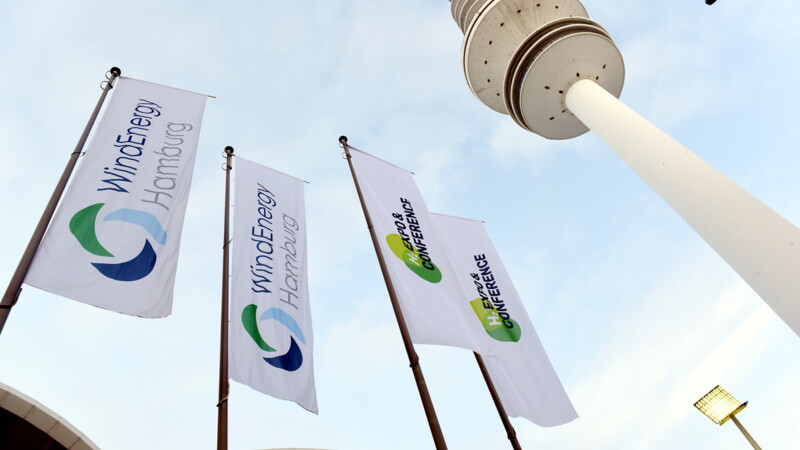Wind energy is a top priority for Hamburg. Offshore projects such as Arkona, Dan Tysk, Global Tech I, Gode Wind I to III and Sandbank are all managed from Hamburg and the preparatory work for about 65 per cent of all German offshore projects was done in the city. A total of 28 offshore wind farms now dot the North Sea and Baltic Sea and five wind turbines can be found in the Competence Center for Renewable Energies and Energy Efficiency’s wind farm (CC4E) at HAW Hamburg. There, research is being done with Hamburger Energiewerke into efficient wind power generation, service life, optimized turbine operation and effective grid integration in real-time operations as wind energy fluctuates. Hamburger Energiewerke also operates wind turbines on the site of aluminum manufacturer Trimet in Altenwerder and on ArcelorMittal’s steel plant in Waltershof. "The operation of port wind farms is particularly demanding as both conventional regulations especially safety requirements and the port's fire protection regulations must be adhered to," Dose pointed out.
The energy crisis sparked by Russia’s invasion of Ukraine has prompted industry and private households to save energy as prices rocket. Yet, do their efforts spell good news for the environment and the switch to renewable energies? "By all means...albeit for sad reasons. Yet, it has led to a pleasing development. We see a clear dynamic, for instance, in terms of the expansion of solar and wind energy," said Astrid Dose, Deputy Managing Director of Renewable Energy Hamburg Cluster GmbH (EEHH). The expansion of offshore wind energy is gaining pace at the moment. This comes after Germany’s upper house of parliament or Bundesrat approved amendments to the Wind Energy at Sea Act in July thereby raising the capacity of offshore wind turbines to 30 gigawatts by 2030 and 40 gigawatts by 2035. Various measures such as streamlining and accelerating planning and approval procedures should help achieve these goals.
Research in wind energy in real-time operations
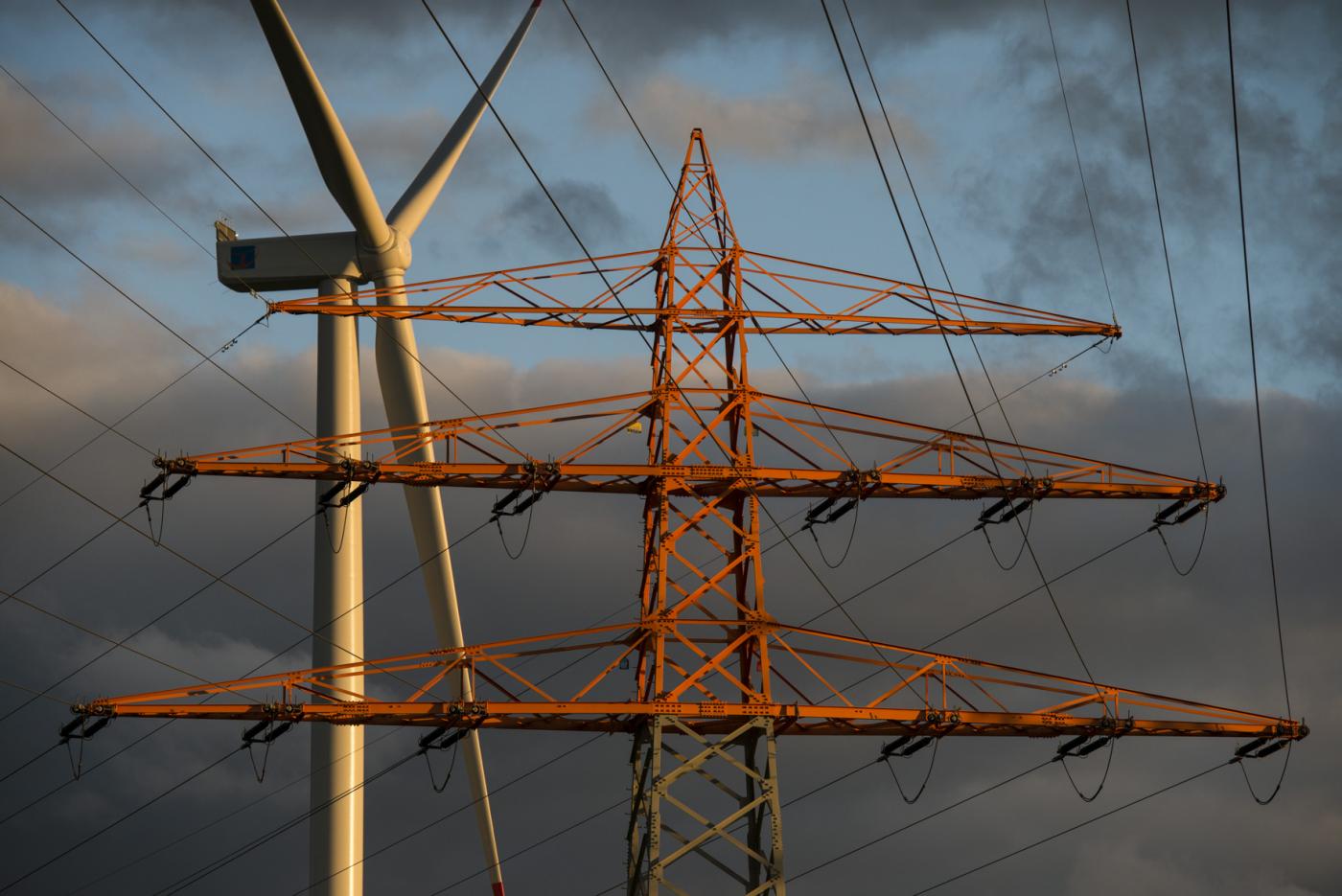
Hamburg as a European hub of green hydrogen
The Port of Hamburg has made even more headlines after Germany's decision to locate the country's first import terminal for green ammonia from Saudi Arabia there. Following the announcement on October 17, Robert Habeck, Germany's Minister of Economics, spoke of a milestone for the ramp-up of the hydrogen sector and a strong signal for the entire hydrogen market in Germany and Europe. Ammonia is considered an ideal hydrogen storage medium as it liquefies at -33° unlike hydrogen which needs a temperature of -253°. It is converted into pure hydrogen on arrival in Hamburg and then delivered to end users. Under the hydrogen import strategy presented by the Ministry of Economics and Innovation (BWI) in March, Hamburg is to become a European hub of green hydrogen by 2030.
Extended cluster leading to more collaborations
EEHH's inclusion of hydrogen is driving a competitive green hydrogen sector further up the agenda. The new hydrogen cluster brings together movers and shakers in commerce and science and is opening up ever more opportunities for co-operation. "The restructuring in February saw the addition of 60 hydrogen-related companies and the sector now has nearly 240 members. The new focus opens up more approaches to cross-cluster co-operation," Dose stressed. The use of hydrogen is being tested and the maritime, logistics and aviation clusters are also conducting research into hydrogen.
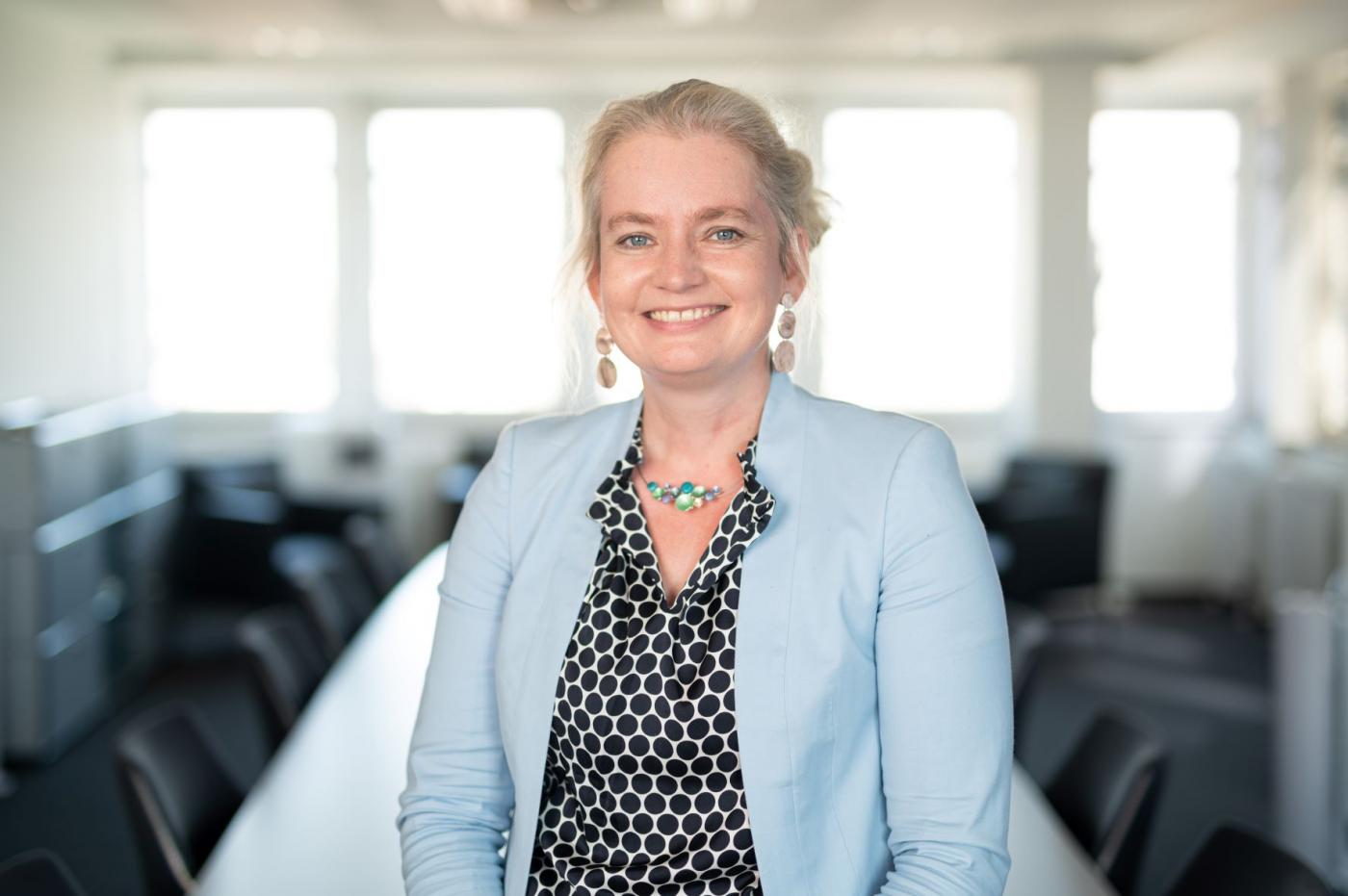
Excellent climate research
Commenting on the importance of research, Dose said: "Good climate research is the basis of our work and Hamburg is very well positioned in this respect." Basic research is being conducted at DESY while climate research at the University of Hamburg occurs as part of the Cluster of Excellence Climate, Climatic Change, and Society (CLICCS). Klaus Hasselmann, founding director of the Max Planck Institute for Meteorology, received the Nobel Prize in 2021 for his physical models of the Earth's climate. The EEHH's German Renewables Award honours outstanding innovation in the renewable energy field every year. "Next year, we will award our industry prize in six categories for the twelfth time," Dose noted. The New Year will see Hamburg take part in both national and international trade fairs such as the International Partnering Forum (IPF) of the Business Network for Offshore Wind from March 28-30, 2023 in Baltimore, U.S.l, the E-World Energy & Water from May 23-25, 2023 in Essen, and the Husum Wind from September 12-15, 2023.
ys/pb
Hamburg becoming even more resilient economic centre
SERIES (1): Where is the media centre Hamburg heading?
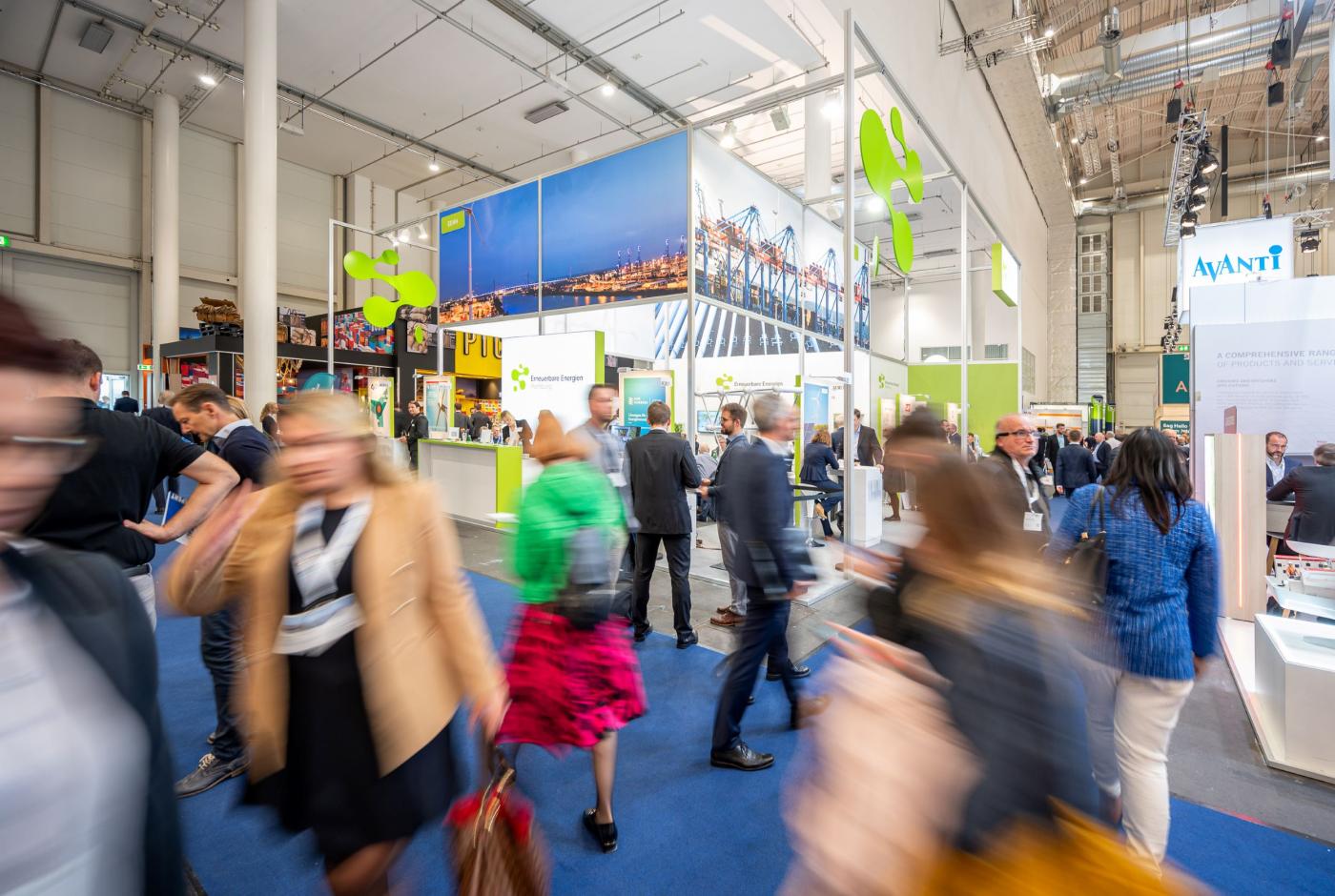
Sources and further information
More
Similar articles
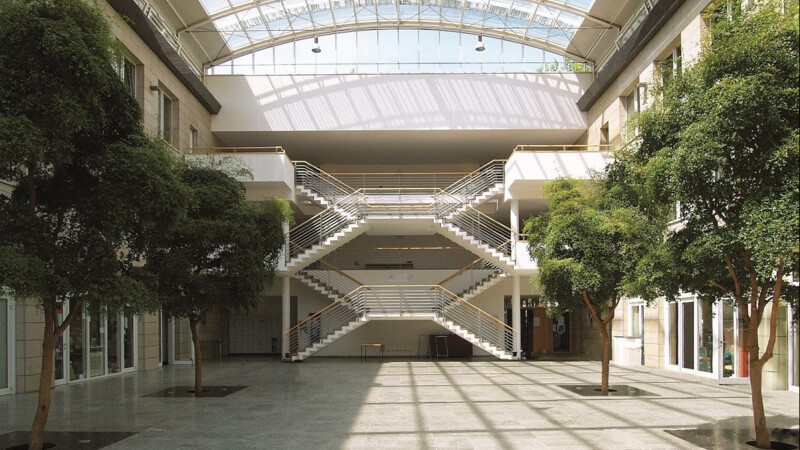
Climate expert Mojib Latif: Moving from knowledge to action
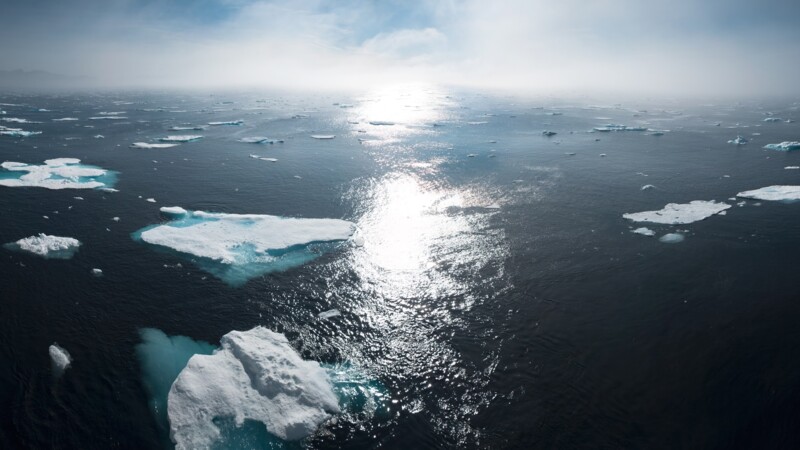
Nobel Prize in Physics for Hamburg's Klaus Hasselmann
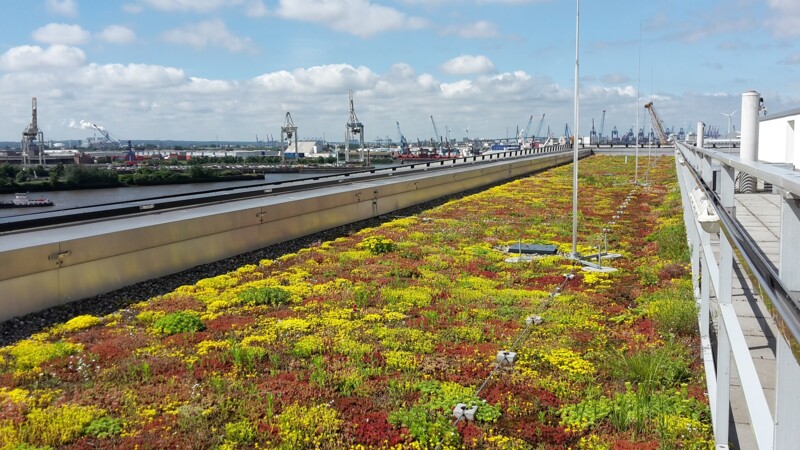
Hamburg strengthening its resilience to climate change
